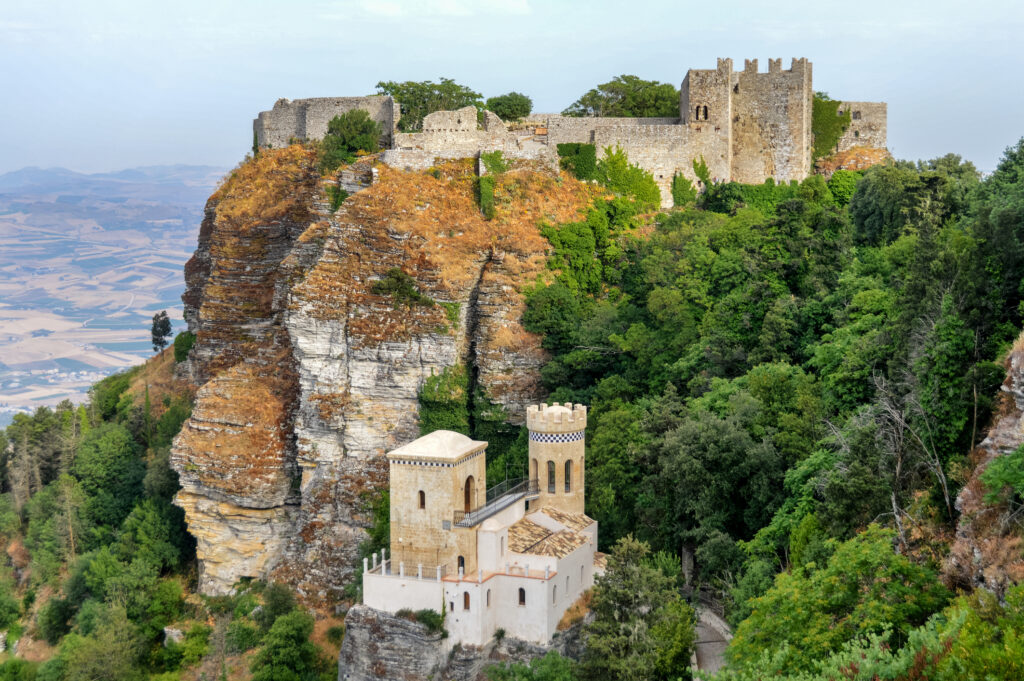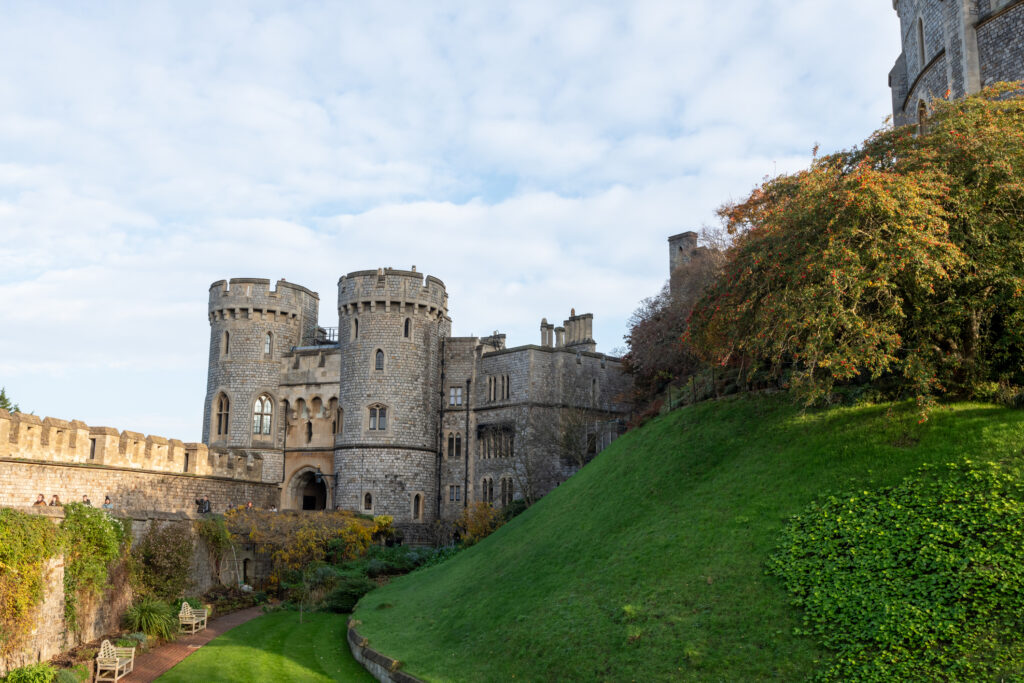The invasion of England in 1066 is a pivotal moment in our history, with the Battle of Hastings being one of the most famous battles. While you might know the story of the battle itself and what the outcome was, how much do you know about the Normans themselves and the impact they had on England’s culture?
With that in mind, we offer some extra insights about who the Normans were, with some fascinating facts along the way.
Who were the Normans?
The Normans conquered England during the Battle of Hastings, ruling the land from 1066 until 1135. They were originally marauding Vikings who settled in Normandy in northern France around the year 911. Normandy was originally known as Northmannia, which meant land of the north men, before it was shortened to Normandy, which is how they got their name. The French King offered them the land in the hope that they would not attack any other part of the country.
The Normans were known to be skilful warriors but also become renowned for establishing governments and other such systems. They had a strong taste for conquest and set out to take as much land as they could, which resulted in the Battle of Hastings.
Facts you might not know about the Normans
Most people know of the Normans purely because of the Battle of Hastings, but there’s a lot more to learn!
They descended from Norwegian Vikings
The Normans were originally Vikings that came from Scandinavia, but by the 8th century they had begun their raids across the coastlines of Europe. Interestingly, they adapted to medieval European life, abandoning their original pagan traditions and instead began living according to Christian conventions. They married into French families and quickly became French-speaking Christians.
They didn’t just invade England
While the Battle of Hastings is well-known as an invasion in England’s history, the Normans didn’t just stop there. They were also known for conquering southern Italy, including Sicily, taking control between the years 999 to 1139. They also expanded, conquering areas of Wales throughout the 1080-1090s.

The Normans introduced surnames
Before 1066, people in England didn’t really have surnames. The Anglo-Saxons typically had nicknames for second names, as opposed to inherited surnames. The Normans added a secondary name in order to distinguish people with the same first name.
They also introduced the Domesday Book
If you’ve not heard of the Domesday Book, it’s a record of the possession and transfer of land across England. After the Norman conquest, a lot of land changed ownership and so William the Conqueror requested a book to keep track of ownership and value. By the time it was published in 1086, people’s surnames were included.
They introduced a feudal system
Feudalism rose in popularity in the Middle Ages and became a key feature of medieval society. The king was at the top of the feudal system, and took all of the land in England. He then offered large areas of land to noblemen, clergy, lords and barons to manage, in return for training armies and raising money. These noblemen would distribute some of their land to knights, and would let the peasants live and work on the land in return for taxes. The peasants were at the bottom of the feudal system. This system meant that William the Conqueror could control the land as a whole.
The Normans built a lot of historic buildings
The Normans are responsible for a lot of the historic buildings around England, and even introduced a popular type of castle. Motte and bailey castles were originally built across the north of Europe, including France, where the Normans then introduced the design into England. Our very own Hastings Castle is a keep and bailey castle, and was rebuilt in 1070 under William’s orders.
Windsor Castle, a royal residence, was built in the 11th century after the Norman invasion. It’s the longest-occupied palace in Europe. Similarly, the Tower of London was founded as part of the Norman Conquest too. William the Conqueror build the White Tower in 1078, giving the entire castle its name.

The Normans influenced the English language
The language we speak today is a direct consequence of the Norman’s presence in England. A new blended language came into effect, known as Anglo-Norman, which eventually evolved into Middle English. We can still read instances of this language today thanks to Chaucer and the Canterbury Tales.
So, while the Norman invasion of England was certainly a great disruption in many ways, we can see the lasting impact of it even today – from your last name to some of the words you use on a daily basis. Learn more about the history of Hastings and more by visiting us right here at Smugglers Adventure!
